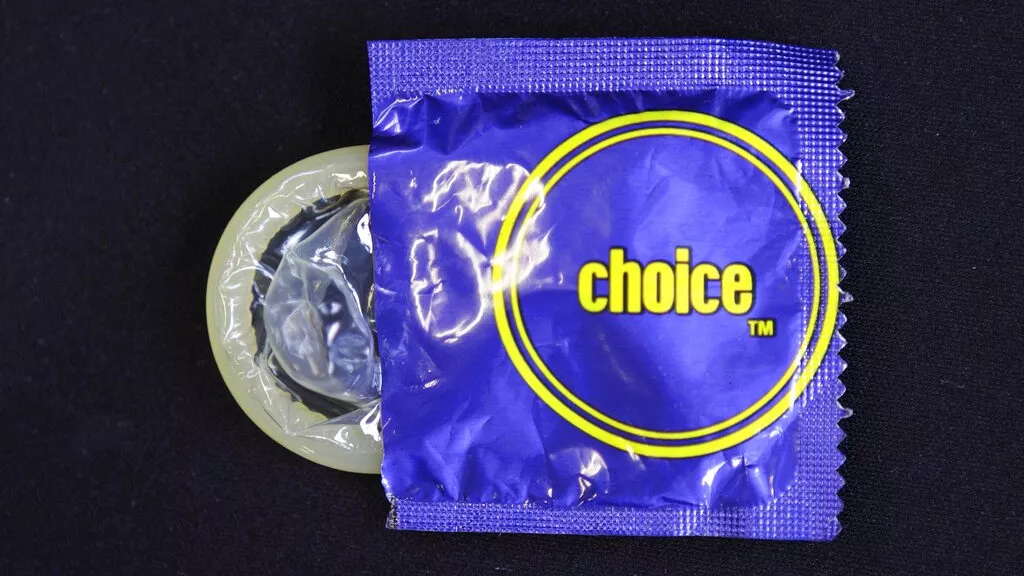WHO Europe Raises Concern Over Decline in Condom Use Among Teens Worldwide
The World Health Organization (WHO) Europe has expressed deep concern over the significant decline in condom use among adolescents globally, warning of increased risks of sexually transmitted infections (STIs) and unplanned pregnancies.
The findings are detailed in the latest report on health behavior in school-age children, which surveyed nearly a quarter-million 15-year-olds across 42 countries between 2014 and 2022.
Dr. Hans Kluge, WHO Europe Regional Director, described the trend as “dismaying but not surprising,” attributing the decline to insufficient sexuality education in many countries.
The report highlights that in some regions, particularly in Europe, there has been a notable drop in condom use among sexually active 15-year-olds.
Among boys, condom use during their last sexual encounter fell from 70% in 2014 to 61% in 2022. Among girls, the rate dropped from 63% to 57% over the same period.
Kluge emphasized the critical role of “age-appropriate” sexuality education in promoting safe sexual practices among adolescents.
However, he noted that such education has increasingly faced opposition, often based on the erroneous belief that it encourages early sexual activity.
The report also revealed disparities in condom use related to socio-economic status. Teens from poorer, or “low-affluence,” families were less likely to use condoms, with one in three reporting non-use compared to one in four among their wealthier peers.
Geographical differences in condom use were also apparent. Among girls, the lowest rate of use was recorded in Albania (24%), while the highest was in Serbia (81%). For boys, Sweden reported the lowest use at 43%, while Switzerland had the highest at 77%.
WHO Europe and the report’s authors have urged policymakers worldwide to strengthen efforts in providing comprehensive and effective sexuality education to address these concerning trends and protect adolescent health.



